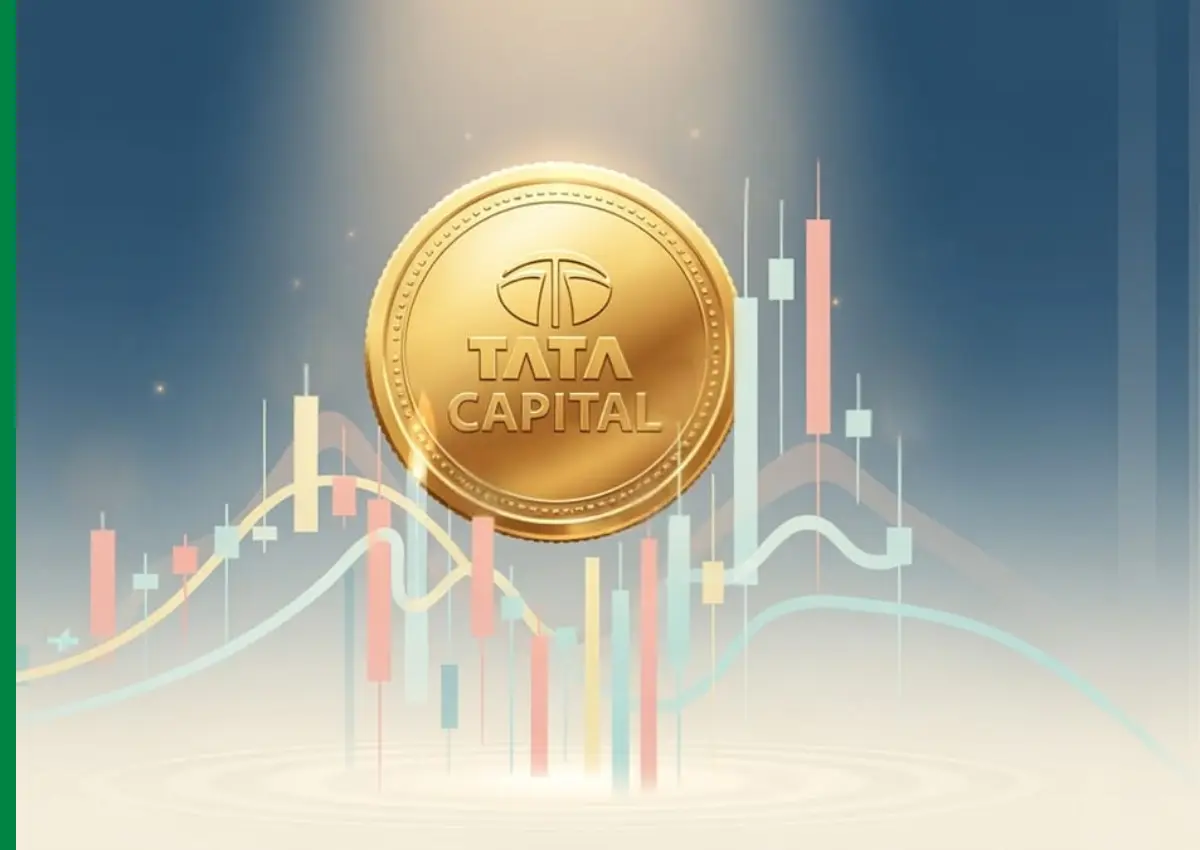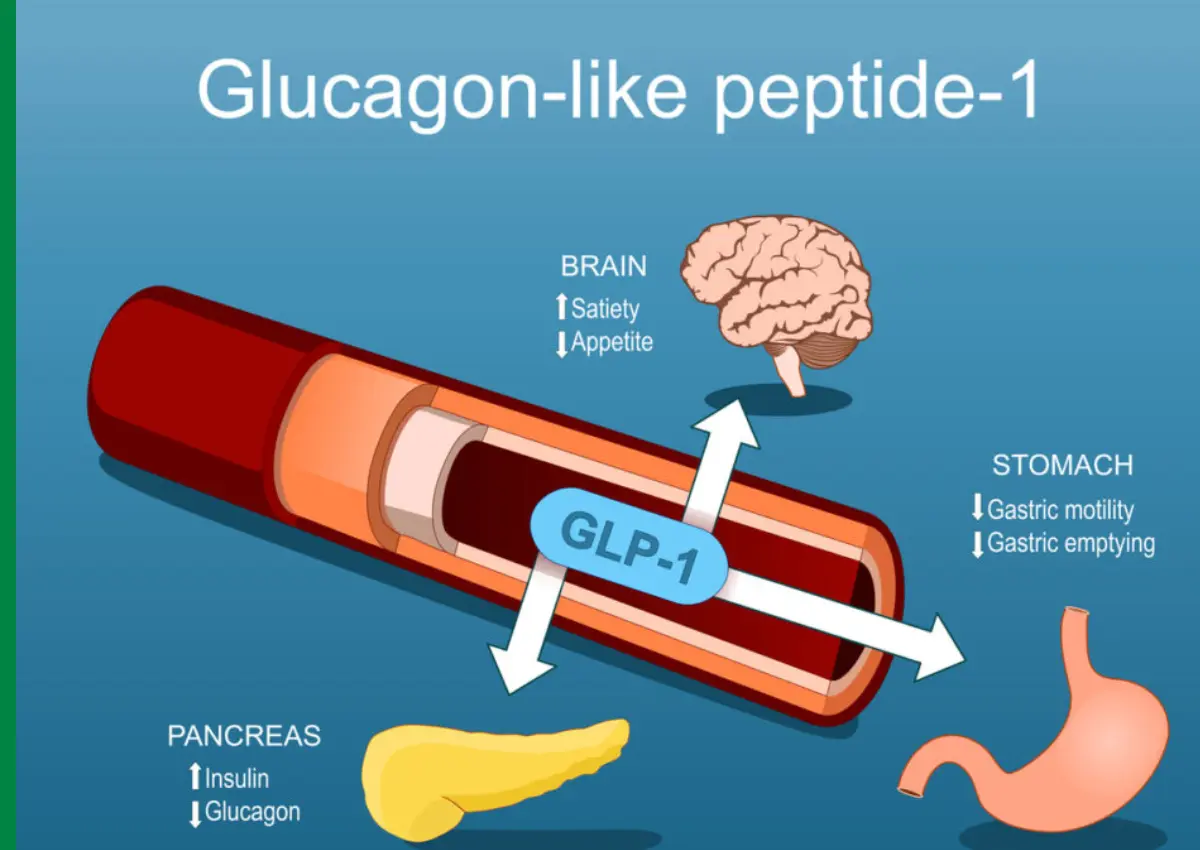Glenmark Pharmaceuticals pharma stocks rose to a new level, since the drug company stock made a record high of 2,286.15 rupees per share. Such an outstanding 20 percent increase was prompted by an unprecedented licensing deal between the innovation subsidiary company of Glenmark and AbbVie, a major drug company globally, taking one of the biggest biotech deals in Indian pharmaceutical history.

The deal of all time
Ichnos Glenmark Innovation (IGI), the innovation arm of Glenmark, has signed an exclusive worldwide licensing agreement with AbbVie on the lead investigational cancer drug, ISB 2001. This collaboration is the turning point in the history of Indian pharmaceutical innovation, as it proves the rising capabilities of the country when it comes to coming up with the latest treatment against cancer.
Financial conditions of this agreement can be described as outstanding. IGI is going to get an upfront capitation of 700 million dollars with milestone-based payments that would go up to 1.225 billion dollars. The firm will also receive tiered, double-digit royalties on net sales worldwide, taking the total value of the deal to a potential of $1.925 billion.
What is ISB 2001: A radical cancer treatment?
The ISB 2001 is an advancement in the treatment technology of cancer. It is a novel trispecific T cell engager, which targets CD3, BCMA and CD38 on myeloma cells and the T cell CD3. This novel treatment is currently in Phase 1 clinical trials and its aim is to treat patients with a tough type of blood cancer called relapsed or refractory multiple myeloma.
Multiple myeloma affects plasma cells in the bone marrow and remains one of the most difficult cancers to treat effectively. The trispecific approach of ISB 2001 offers hope for patients who have exhausted traditional treatment options, representing a significant advancement in personalized cancer therapy.
Strategic Market Distribution
It shows both firms were strategic in the process of coming up with the licensing agreement. Major developed markets acquired by AbbVie will include North America, Europe, Japan and Greater China, where the company will have exclusive rights relating to the product. In the meantime, other markets are under the control of Glenmark Pharmaceuticals and they include emergent markets in Asia, Latin America, Russia/CIS, middle East, Africa, Australia, New Zealand, and South Korea.
This strategy of distribution will utilize the strength of each company. The presence that AbbVie has in developed markets would grant the resources and framework required in the complicated administration endorsements and market entry. At the same time, the fact that Glenmark is so deeply rooted in the emerging markets guarantees wider accessibility to this life-saving medication in different parts of the world.
Investor Confidence and Market response
This announcement caused the immediate and overwhelming movement of the stock market. Trading in the Bombay Stock Exchange was an incredible 7.84 lakh shares (dramatically outstripping the two-week average share of 27,000 shares). This increase in trading volume created a turnover of Rs 170.66 crores, which has carried the market cap of Glenmark to Rs 61,632.66 crores.
The positive response of the investors indicates that they are confident when it comes to the innovation strategy of Glenmark and the prospective show of clinical and commercial success of ISB 2001. The Glenmark pharma deal justified the years of investment in research and development to make the company a worthy competitor in the international oncology market.
The Innovation and Transformation in Glenmark
Glenmark Pharmaceuticals was established by Gracias Saldanha in 1977 as a producer of generic drugs. The company has moved from a common Kudo pharmaceuticals to an innovator in pharmaceuticals under the stewardship of Glenn Saldanha, who has headed it since the year 2001 as its CEO. This is a tactical decision to make no more mere generic manufacturing, where novel therapies were aimed at being created, which finally led to this present AbbVie alliance.
The company’s journey reflects the broader evolution of the Indian pharmaceutical industry. Once known primarily for generic manufacturing, Indian pharma companies are increasingly investing in research and development to create original, patented medicines. Glenmark’s success story serves as an inspiration for other Indian pharmaceutical companies seeking to compete on the global innovation stage.
Financial Performance of Glenmark Pharmaceuticals
Historical finances in Glenmark give the company a strong stand in its vision of innovation. In the financial year 2024-25, the business registered a solid increase of 12.8%, that is, 13,322 crore in the consolidated revenue of the fiscal year compared to 2023-24. What is more impressive is the increase of EBITDA by over two times to 2351 crore with an EBITDA margin of 17.6 percent.
The diversified portfolio of the company has registered fantastic resilience. The formulation business in India grew by 31.9 percent to 4485 crore India and the European revenues grew by 17.6 percent to 2846 crore in India. Such good performance in different markets shows that Glenmark is able to sail through various regulatory and market conditions.
Leadership Vision: Success As a Foundation
The president and CEO of IGI, Cyril Konto, MD stated the strategic value of this affiliation: Our alliance with AbbVie and Glenmark demonstrates IGI commitment to catalyzing access to the transformative multispecifics across the world. The fact that AbbVie holds a significant presence in large markets and that Glenmark has a commanding position in emerging markets presents a complementing access portfolio to ISB 2001.”
Chairman and Managing Director Glenn Saldanha pointed to the strategic transformation of the company: The resilience of our business and the strength of our diversified portfolio, as well as focused execution of our strategic priorities, are demonstrated in our performance. The Europe business has been reported as really performing well, and our branded businesses have been giving consistent results.”
Investment Outlook and Market Implications
This historic agreement propels Glenmark as a potential investment firm regarding the pharmaceutical market. The market confidence is seen in the sudden rise in the price of the stock, but that is only in the immediate future scope and in the long run, the impact of such a move is much more than a short-term profit. The sustainable competitive advantages associated with the transition of the company into an innovation leader are due to the high rates of transforming the company, which went beyond being a generic manufacturer.
To investors, the success story of Glenmark shows the possible returns of innovation in the pharmaceutical industry. The decision made by the company to get such a strong partner as a global pharmaceutical company like AbbVie proves the research potential and positioning of the company.
Final thoughts
The collaboration between AbbVie and Glenmark is a breakthrough in the pharmaceutical industry and a demonstration of the fact that Indian firms could also be competitive in the sphere of drug development when it comes to supreme standards. This is a unique partnership of its kind, where potential revenues are over 1.9 billion dollars, and a cutting-edge cancer treatment is on the way to development.
With ISB 2001, moving through clinical trials, the drug industry is going to be taking note. A success would not only change treatment opportunities among patients with multiple myeloma but also set new patterns of transnational collaboration in the sphere of pharmaceuticals. In the case of Glenmark, it is the realization of decades of strategic development that it has evolved, and now it is geared toward success with the global drug market.



